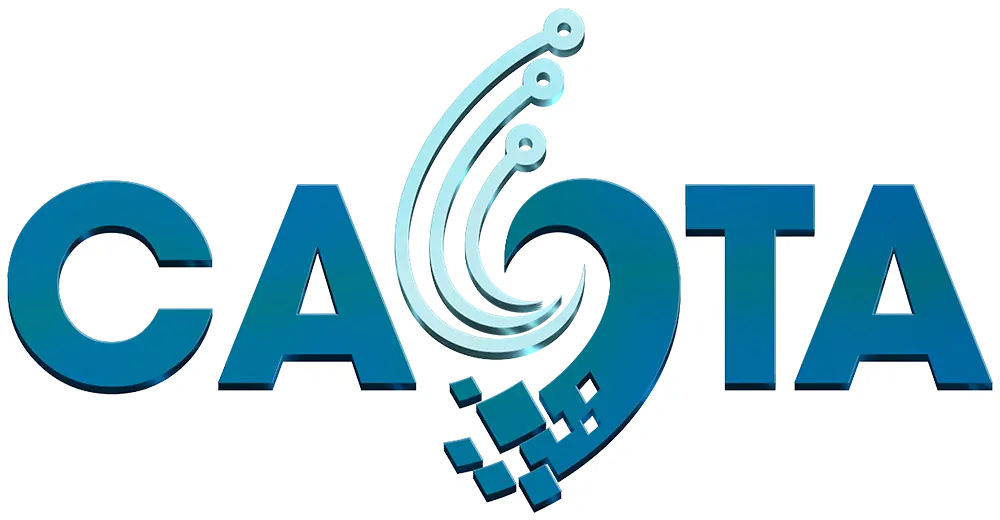The Mekong Delta (ĐBSCL) is one of Vietnam's most important agricultural production regions, yet it is also one of the areas most severely affected by climate change. Rising sea levels, prolonged drought and salinity intrusion, increasing average temperatures, and irregular flooding are seriously threatening the quality and post-harvest preservation of agricultural products. In this context, the development and application of climate-adaptive preservation technologies have become both an urgent need and an inevitable trend.

Climate change not only reduces crop yields but also directly affects harvest timing and conditions. For instance, fruits such as longan, mango, and citrus often have to be harvested earlier due to heat stress and water scarcity, resulting in produce that has not reached optimal ripeness and is more difficult to store. Furthermore, high humidity and rising temperatures contribute to the rapid growth of mold and bacteria, causing fruits and vegetables to spoil more easily during transport.
To adapt to these conditions, advanced preservation technologies have been studied and applied in several provinces such as Trà Vinh, Bến Tre, and Cà Mau. One example is the use of solar-powered cold storage – a particularly suitable solution for areas with high temperatures and unstable electricity supplies. These systems help maintain stable temperatures for fruits like durian, jackfruit, and dragon fruit, extending freshness by 5 to 10 days.
In addition, environmentally friendly packaging materials with good heat and moisture resistance—such as nano paper bags, biodegradable films from starch, and coconut fiber—are being tested and have shown promising initial results. These materials not only protect agricultural products from environmental stressors but also help reduce plastic waste, which is a key factor in promoting sustainable agriculture.
Another emerging trend is the use of environmental sensors and weather data systems to adjust storage conditions in real time. In Bạc Liêu and Sóc Trăng, several cooperatives have adopted temperature-humidity sensors combined with weather forecasting software to make more informed decisions on harvesting and preservation, helping to minimize losses during peak heat or flooding seasons.
However, the biggest challenge remains the accessibility of these technologies for small-scale farmers. The investment costs for cold storage, new packaging materials, or sensor systems are still high, while support from the government, businesses, and financial institutions remains limited. To address this issue, policies are needed to provide preferential credit, promote high-tech cooperative models, and accelerate technology transfer from research institutes and universities to farmers.
In conclusion, climate change poses significant challenges to the agricultural preservation chain in the Mekong Delta. However, by leveraging climate-adaptive preservation technologies, the region can not only mitigate damages but also transform challenges into opportunities, paving the way toward a smarter, greener, and more sustainable agricultural future.
Ngày đăng: 01-06-2025

